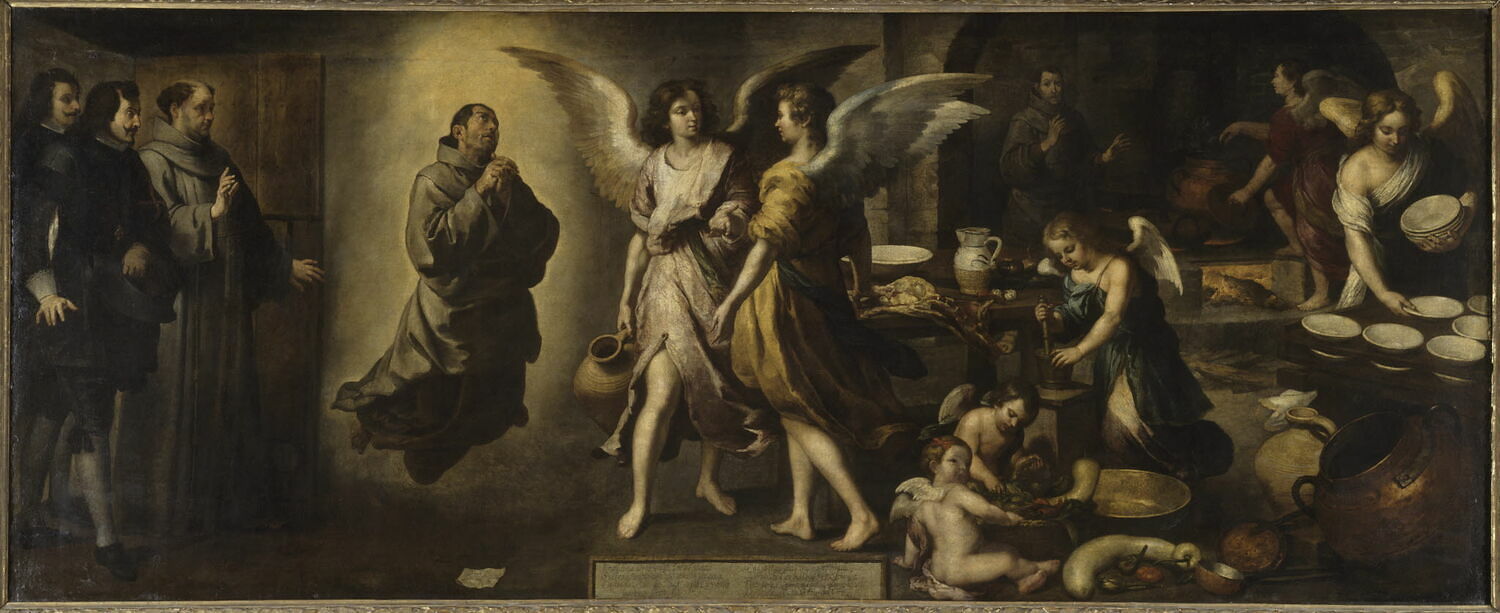Cooking as Care: Labor, Nourishment, and Religion in the Early Modern Spanish Atlantic
Daniela Gutierrez-Flores
Spanish and Portuguese
UC Davis
This project, a section of my book manuscript provisionally titled “Kitchen Selves: Cooks and the Literary Culture of the Early Modern Spanish Atlantic,” explores cooking as care labor in female monastic communities of colonial Latin America and early modern Spain. I focus on three women—the Biblical figure of Saint Martha; Úrsula de Jesús, a 17th-century Afro-Peruvian servant; and Mariana de San José, a low-born nun in 18th-century Mexico. Through spiritual diaries, literature, and art, I argue that cooks challenged the notion of their labor as a form of care, an idea deeply rooted in Christian thought. Instead, they posed cooking as a mode of nonverbal literacy through which they gained and produced knowledge about themselves as creative and thinking subjects. In so doing, they exposed the structural inequalities underlying the discourse of care, utilizing the kitchen as a space to contest social constraints, engage in political change, shape identities, and create communities of care. I contend that, by turning kitchens into caring spaces where the underprivileged nourished each other physically and spiritually, women challenged the oppressive structures of monastic life. Ultimately, I show that cooking provided a powerful avenue to contest and reimagine the meanings of caring through food.
Image credit: Bartolomé Estebán Murillo, Un miracle du frère Francisco (Gérard Blot, RMN-Grand Palais (musée du Louvre), 1992).

